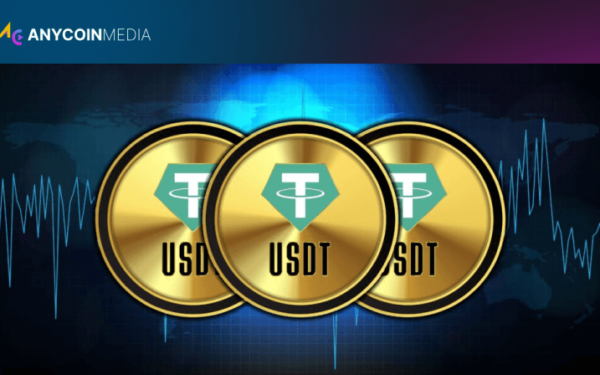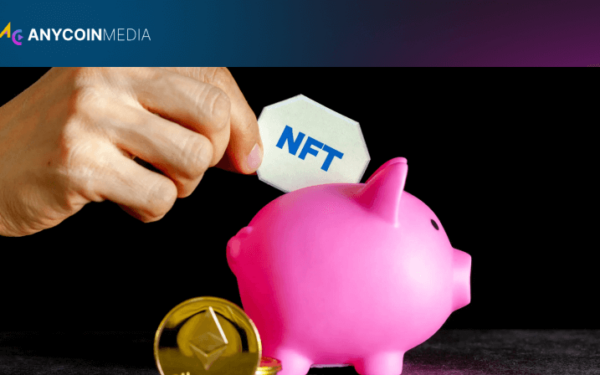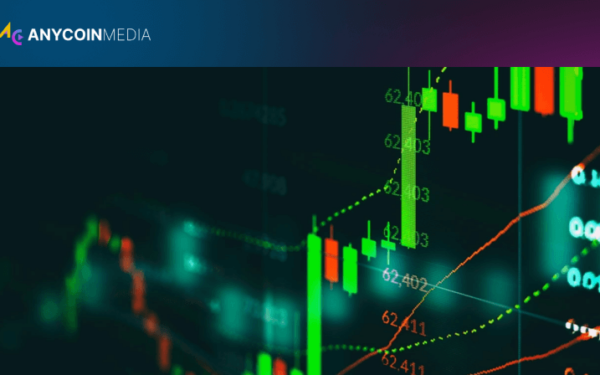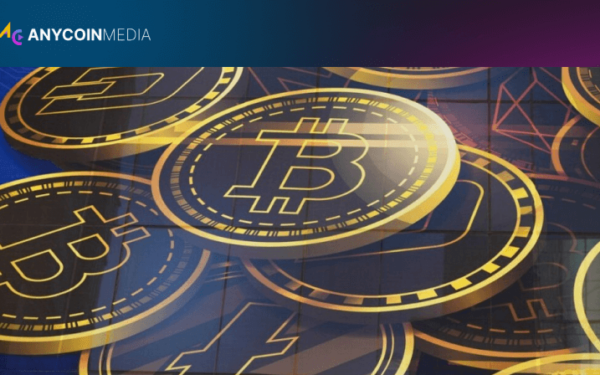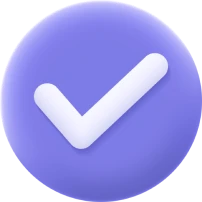In the ever-expanding universe of cryptocurrency and decentralized finance (DeFi), MetaMask has emerged as a pivotal player, serving as a gateway for millions of users to interact with blockchain networks. This browser extension and mobile app, which functions as a crypto wallet and a portal to decentralized applications (dApps), has become synonymous with Ethereum and EVM-compatible blockchain interactions. As its popularity soars, so does the scrutiny of its safety and legitimacy.
MetaMask was born in 2016 and is the brainchild of ConsenSys, a blockchain software organization founded by Ethereum co-founder Joseph Lubin. Its introduction was driven by the desire to create a user-friendly interface for interacting with the Ethereum blockchain, bridging the gap between complex blockchain technology and ordinary users. Since its inception, MetaMask has grown exponentially, with millions of active users and becoming an essential part of the Web3 environment.
MetaMask’s evolution from a simple browser extension to a cornerstone of global DeFi is a testament to its utility and growing passion for decentralized technologies. As Ethereum and other intelligent settlement systems gained traction, MetaMask moved forward to meet the needs of increasingly sophisticated people, including features and improved security.
At its core, MetaMask serves several crucial functions:
These functionalities have positioned MetaMask as a Swiss Army knife for crypto enthusiasts, developers, and casual users alike. The wallet’s ability to seamlessly connect users to the world of dApps has been instrumental in the growth of DeFi, NFTs, and other blockchain-based innovations.
MetaMask incorporates several security measures to protect users’ assets and data:
The local storage of encrypted data is a crucial feature that sets MetaMask apart from centralized exchanges and wallets. This approach significantly reduces the risk of large-scale data breaches that have plagued centralized platforms in the past.
These transaction security features put control in the hands of the user, allowing for a more informed and secure interaction with blockchain networks. The ability to customize gas fees, for instance, not only helps in optimizing costs but also in avoiding potential attack vectors like front-running.
The open-source nature of MetaMask is particularly important, as it allows for continuous scrutiny and improvement by the developer community. This transparency builds trust and helps in quickly identifying and addressing potential security issues.
MetaMask’s legitimacy is bolstered by several factors:
| Aspect | Details |
| Developer credibility | Created by ConsenSys, a reputable blockchain company |
| User base | Millions of active users worldwide |
| Integration | Supported by major exchanges and dApps |
| Transparency | Open-source code available for scrutiny |
| Community support | Active developer and user community |
These elements contribute to MetaMask’s standing as a legitimate and trusted tool in the cryptocurrency space. The backing of ConsenSys, a major player in the Ethereum ecosystem, lends significant credibility to MetaMask. Moreover, its widespread adoption and integration with leading projects in the space further solidify its position as a trusted platform.
Despite its robust security features, MetaMask is not without risks:
It’s important to note that many of these risks are not unique to MetaMask but are inherent to the broader cryptocurrency and DeFi ecosystem. User education and vigilance play a crucial role in mitigating these risks.
One of the most significant criticisms of MetaMask has been its reliance on Infura, a centralized infrastructure provider owned by ConsenSys. This reliance raises concerns about privacy and the potential for censorship. While MetaMask allows users to set custom RPC providers, the default setting still points to Infura, which some argue goes against the ethos of decentralization.
To maximize security when using MetaMask:
Implementing these practices can significantly reduce the risk of security breaches and ensure a safer experience when using MetaMask.
As the DeFi and Web3 landscapes evolve, MetaMask continues to adapt and expand its offerings. Recent developments include:
These advancements aim to solidify MetaMask’s position as a cornerstone of the decentralized web while addressing ongoing security and usability concerns. The team behind MetaMask has also hinted at exploring layer-2 solutions to address Ethereum’s scalability issues, potentially making transactions faster and more cost-effective for users.
Another significant development is MetaMask’s push into the institutional space with MetaMask Institutional. This offering provides additional features tailored to the needs of institutional investors and companies, including enhanced security measures and compliance tools. This move signals MetaMask’s ambition to become a comprehensive solution for all types of users in the blockchain space.
MetaMask stands as a legitimate and largely safe tool for interacting with the Ethereum blockchain and the broader DeFi ecosystem. Its combination of user-friendly interface, robust security features, and widespread adoption has made it an indispensable part of many users’ crypto journeys. However, like any tool in the cryptocurrency space, its safety ultimately depends on user vigilance and adherence to best practices.
As the blockchain landscape continues to evolve, MetaMask’s role in shaping the future of decentralized interactions remains significant. While it’s not without its risks, the wallet’s ongoing development and the team’s commitment to security make it a reliable choice for those venturing into the world of cryptocurrencies and decentralized applications.
The future of MetaMask is closely tied to the future of Web3 and DeFi. As these technologies continue to mature and gain mainstream adoption, MetaMask is well-positioned to evolve alongside them, potentially becoming as ubiquitous in the world of decentralized internet as traditional browsers are in the current web paradigm.
Yes, MetaMask is free to download and use. However, users pay network fees (gas fees) for transactions on the blockchain.
While MetaMask itself has strong security measures, user accounts can be compromised through phishing, malware, or user error. Always follow best security practices.
Yes, MetaMask supports various EVM-compatible networks like Binance Smart Chain, Polygon, and Avalanche.
MetaMask is user-friendly, but beginners should educate themselves on blockchain basics and security practices before using it.
Yes, you can recover your wallet using your 12-word seed phrase on a new device or browser.
MetaMask encrypts and stores your private keys locally on your device, not on centralized servers.
Yes, MetaMask can be used to store and manage NFTs that are compatible with the Ethereum blockchain and other supported networks.
MetaMask itself is not directly regulated, but it operates within the broader regulatory framework of cryptocurrency and blockchain technologies.
